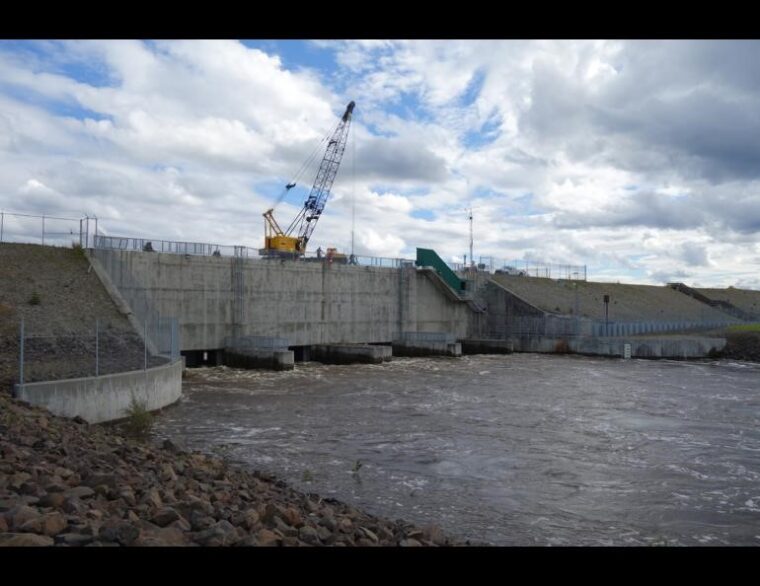
The Federal Emergency Management Agency (FEMA) is making $1 billion in grants available to 656 projects nationwide that officials say will enhance community resilience against climate change and threats from natural disasters. The grants, provided in part with $398 million from the 2021 Infrastructure Investment and Jobs Act, will help state, Tribal, local and territorial governments address current and future risks from extreme weather events.
“Investing in preparedness and resilience today can help keep our country safe tomorrow,” said Secretary of Homeland Security Alejandro N. Mayorkas. “Building Resilient Infrastructure and Communities program grants are a lifeline for communities across the country, funding projects big and small – from major flood mitigation projects to shaded bus shelters.”
The investment comes at a critical time as communities across the United States grapple with increasingly frequent and severe weather events linked to climate change. The number of billion-dollar weather disasters has increased from less than 10 per year in the 2000s to over 20 in recent years, according to data from the National Oceanic and Atmospheric Administration’s Centers for Environmental Information.
The funds represent a proactive approach to disaster management, focusing on prevention and mitigation rather than just response and recovery. By investing in resilience now, communities can reduce future disaster costs and protect lives and property, FEMA said.
The grants are being awarded through FEMA’s Building Resilient Infrastructure and Communities (BRIC) program, which supports states, local communities, tribes, and territories in undertaking the high upfront cost of hazard mitigation projects. The program emphasizes community-wide resilience and encourages innovative solutions, including nature-based approaches that attempt to work with the environment. It was established in 2018 to replace the Pre-Disaster Mitigation program.
The majority of grant funding will flow to four major project types. Flood control projects will receive $395 million for 28 projects. Utility and infrastructure protection accounts for $237 million spread across 30 projects. Another $55 million will go to 129 projects that modernize building codes and implement more resilient materials. An additional 12 projects are aimed at reducing the negative effects of extreme heat and are set to receive a total of $13 million. Notably, over half of the grant award winners incorporate nature-based solutions to combat climate change.
One of the largest funded projects is the Eastwick Near-Term Flood Barrier Project in Philadelphia. Led by the Philadelphia Office of Sustainability, this initiative will mitigate flood risks in Eastwick, an area particularly vulnerable to various flooding sources, officials said. The project will involve constructing flood barriers and improving drainage systems to protect residential areas and critical infrastructure. Eastwick, which has previously received non-financial BRIC technical assistance, will use the funds to implement comprehensive flood mitigation strategies tailored to its specific geographical challenges.
In New York City, the East Elmhurst Cloudburst project will receive funds to implement innovative stormwater management measures. The project includes installing porous concrete parking and bike lanes, green infrastructure and on-site floodwater storage to manage extreme stormwater events and reduce local flooding. This initiative is part of New York City’s broader efforts to adapt to climate change and could serve as a model for urban resilience in densely populated areas facing increased precipitation and flooding risks.
On the West Coast, the Magalia Dam retrofit project in Paradise, California, will focus on building seismic resilience. This project will reinforce the dam to better withstand earthquakes, ensuring it can continue to provide critical benefits to the community. The retrofit is particularly significant given Paradise’s recent history with devastating wildfires and its location in a seismically active region. By strengthening this key piece of infrastructure, the project aims to enhance the overall strength of the recovering community.
FEMA Administrator Deanne Criswell emphasized the broader impact of these investments. “FEMA is now better situated to help communities, especially those that are disadvantaged and disproportionately impacted by climate change, invest in resilience,” Criswell said. “FEMA will remain focused on getting these critical infrastructure dollars to the communities that need it the most.”
Photo courtesy of the University of Alaska Fairbanks
The post FEMA awards $1 billion in grants to mitigate extreme weather appeared first on Government Market News.

